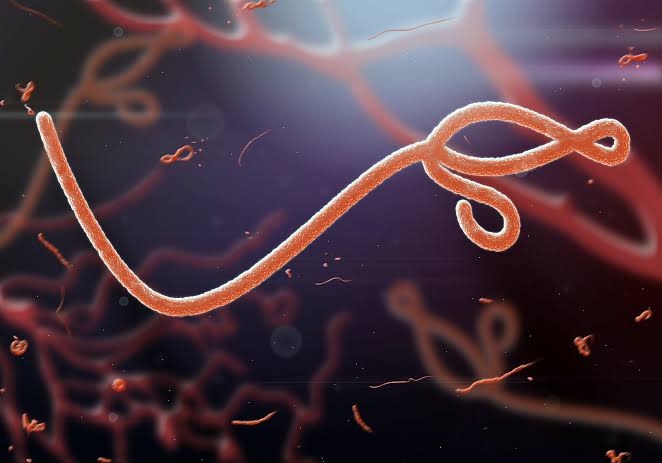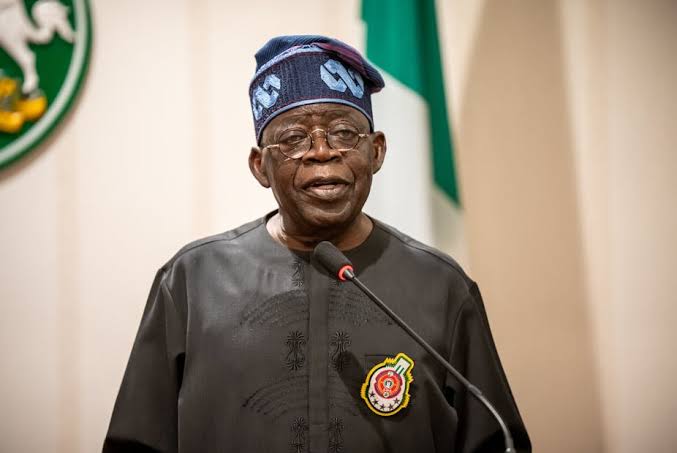The World Health Organisation (WHO) has officially declared that mpox—formerly known as monkeypox—no longer constitutes a Public Health Emergency of International Concern (PHEIC). However, the agency has warned that the virus still poses significant health risks, particularly across parts of Africa where healthcare systems remain under-resourced.
WHO Director-General Dr Tedros Adhanom Ghebreyesus announced during a media briefing on Friday, following the latest recommendations from the organisation’s Emergency Committee.
Dr. Ghebreyesus stated that the decision was based on consistent declines in both infection and mortality rates in countries most affected by the outbreak, including the Democratic Republic of the Congo, Burundi, Sierra Leone, and Uganda.
“The Emergency Committee met again yesterday and advised me that the situation no longer qualifies as a global health emergency. I have accepted that advice,” he said.
While the immediate threat has diminished, the WHO chief emphasised that mpox remains a public health concern, especially in regions with weak health infrastructure and limited vaccine coverage.
He noted that public health authorities now have a better understanding of how the virus spreads and what factors contribute to severe disease, and that countries hit hardest by the outbreak have since developed more robust response strategies.








